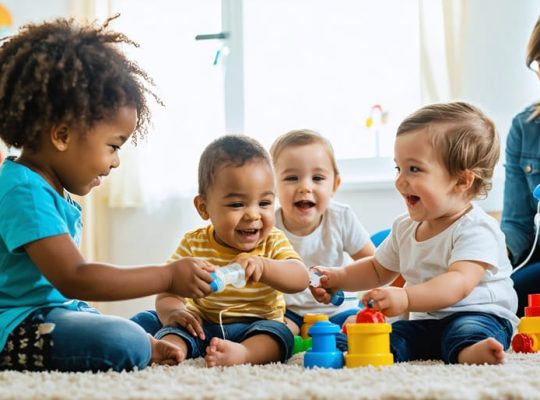When a Child’s Illness Changes Everything: A Family’s Journey Together
Family dynamics shape every aspect of our emotional and psychological well-being, influencing how we connect, communicate, and help children thrive within the complex web of relationships that define our home life. Like a delicate ecosystem, each family member’s actions, emotions, and needs create ripple effects that touch everyone in the household. Understanding these intricate patterns isn’t just academic—it’s essential for building stronger relationships, fostering emotional resilience, and creating a …


